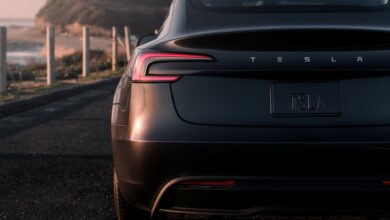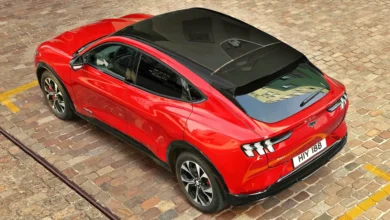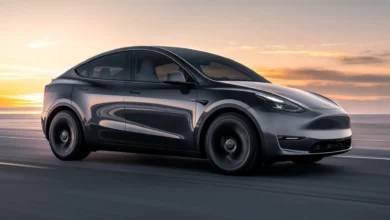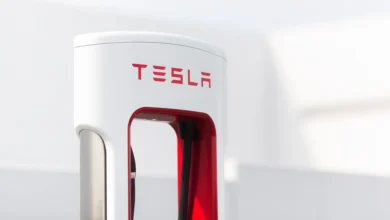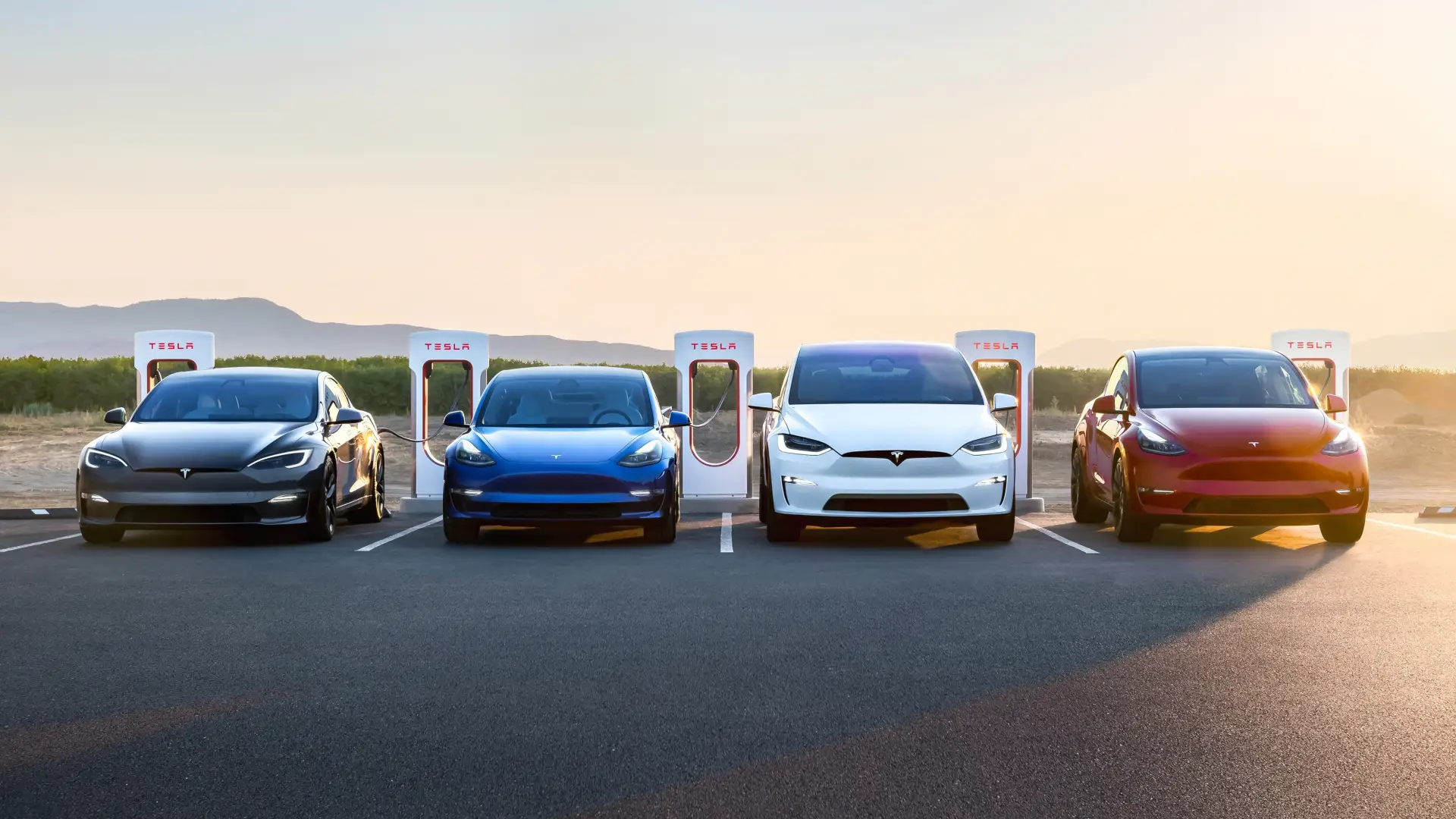
The Icelandic government has confirmed the launch on January 1 2024, of a new tax that will tax battery-powered electric cars, hydrogen cars, and plug-in hybrids, which will have to pay for each km traveled. A rate that will be launched one year earlier than for models with a combustion engine.
In an announcement that the Icelandic Government has posted on its website, the administration indicates that the rate per kilometer is part of a new tax system that will replace the current tax on diesel and gasoline cars, moving to a payment per kilometer system.
The controversy arose when the details of the program became known, and when it was indicated that electric cars, models equipped with a hydrogen fuel cell, and plug-in or electric hybrids with a range extender, would have to start paying this imposed from January 1 of next year. On the other hand, diesel and gasoline models will not have to do so until January 1, 2025. One-year difference compared to electrified cars.
Not only that, but the government has also indicated that until 2025, plug-in hybrids will have to pay less per km than pure electric vehicles. One-third of the rate, which for electric vehicles will be 6 Icelandic crowns per km, or 4 euro cents per km at the exchange rate, while for plug-in hybrids it will be 1.3 euro cents.
A measure that the administration defends by indicating that plug-in models will have to continue paying fuel taxes, but that has not been liked by many sectors for sending a message that could confuse consumers.
The government has indicated that this program seeks to get electric car owners to increase their contribution to public coffers for road maintenance, which until now was mainly paid for with taxes on diesel and gasoline.

Electric and plug-in hybrid cars that have become almost a fifth of all cars in circulation in Iceland, making the country one of the states with the greatest implementation of this type of vehicle.
Something that curiously has been achieved thanks to a reduction in taxes made by the government, which has promoted the transformation of mobility in the country.
According to the Icelandic Government, parallel to the success of the energy transition and the reduction of fuel consumption in the transport sector, the number of people and traffic on the roads has increased. Increasing pressure on the road network that forces spending on road infrastructure maintenance to increase.
On the other hand, statistics show that sales of electric cars are growing significantly in Iceland, accounting for 41% of sales in 2022. A figure that will grow significantly this year. But at the same time, the total fleet of these, as we have said, barely reaches 16%. So there is still a long way to go so that, in addition to being the majority in sales, they are also the majority on the road.
Tax measures that, for many, could stop the good progress of the transformation of transportation in an environment with great external energy dependence in terms of hydrocarbons, but with enormous potential in the production of renewable energy, with 73% of hydroelectric production. , and 27% geothermal.
Data tells us that the spending that “leaks” each year in the acquisition of fuel can stay within the island increase internal consumption and improve the economy of its citizens, who will spend more and pay more taxes as well.
